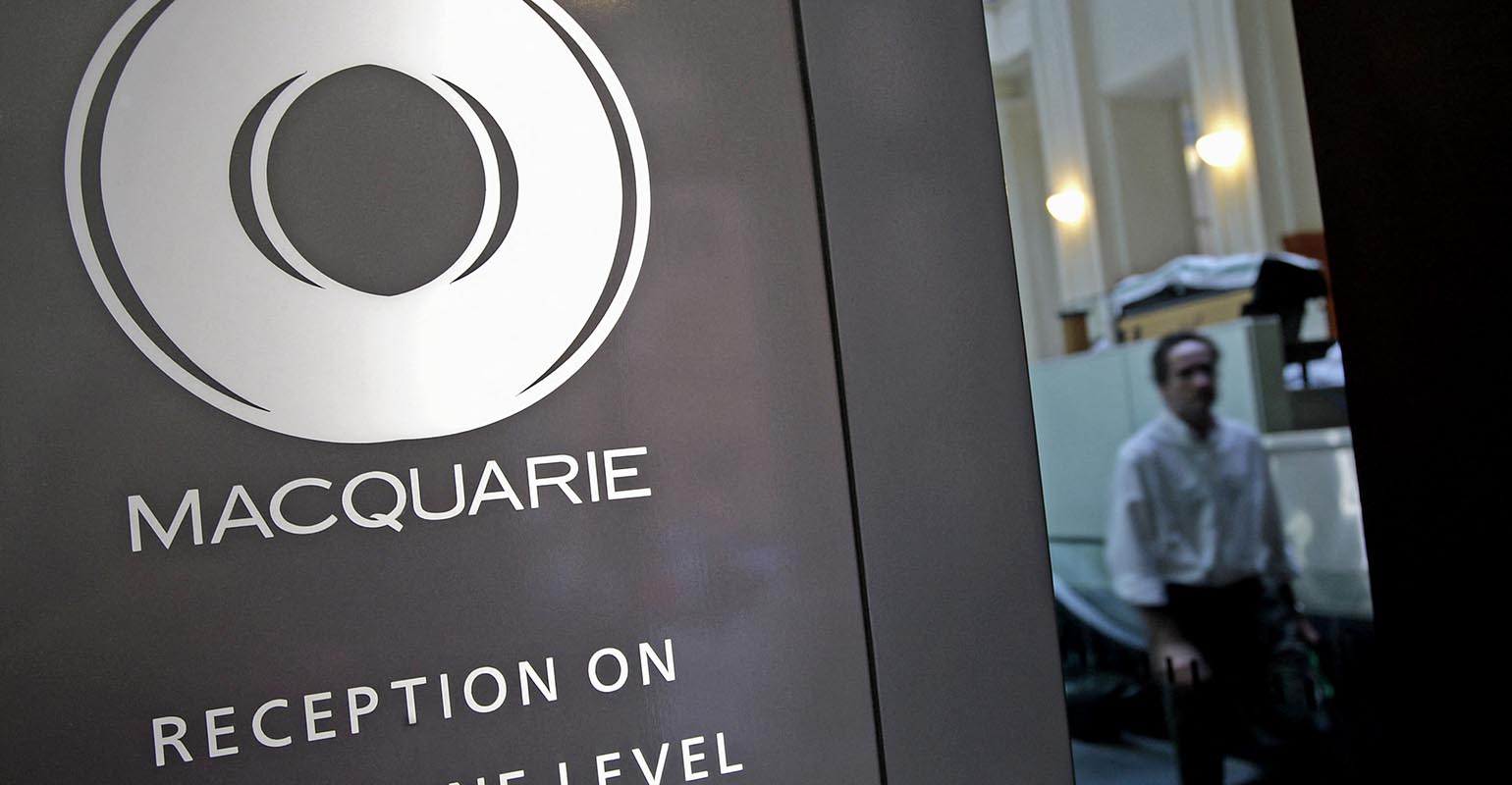Macquarie to Pay $80M SEC Fine for Overvaluing Assets


The Securities and Exchange Commission announced Macquarie Investment Management Business Trust, a registered investment advisor subsidiary of Macquarie Group, will pay a total of $79.8 million to settle charges for overvaluing approximately 4,900 collateralized mortgage obligations held in 20 advisory accounts, including 11 retail mutual funds, and for executing hundreds of cross-trades between advisory clients that favored certain clients over others.
According to the SEC’s order, from January 2017 through April 2021, MIMBT managed the Absolute Return Mortgage-Backed Securities strategy, a fixed-income investment strategy primarily invested in mortgage-backed securities, CMOs and treasury futures.
Macquarie Asset Management issued a statement on the settlement, calling the issue a “legacy matter” and “not consistent with how we do business.”
“Our business is built on the principles of integrity and accountability,” the statement read. “We have already undertaken and are focused on completing additional remedial steps to address the issues identified in the investigation, with clients the priority. We also continue to invest in our risk culture to ensure we discharge our fiduciary duties to the highest standard.”
Some of the positions that the SEC investigated included thousands of smaller, so-called “odd lot” CMO stakes that traded at a discount to institutional, larger-sized positions. However, according to the SEC, MIMBT valued the odd lot CMOs “using prices obtained from a third-party pricing service that were intended for institutional lots only.”
The SEC order found that MIMBT “had no reasonable basis to believe it could sell the odd lot CMOs at the pricing vendor’s valuations, and thousands of odd lot CMO positions were marked at inflated prices. This resulted in MIMBT overstating the performance of client accounts holding the overvalued CMOs.”
The SEC order further found that MIMBT tried to stem its losses to redeeming investors by “arranging cross-trades with affiliated accounts, rather than selling the overvalued CMOs into the market.” In one case, MIMBT allegedly executed 465 internal cross-trades between a selling account and 11 retail mutual funds above independent current market prices.
The result of these trades was that the retail mutual funds absorbed losses that otherwise would have occurred if MIMBT had sold the positions in the open market, according to the SEC. The trust also “arranged for approximately 175 dealer-interposed cross-trades in which MIMBT temporarily sold odd lot CMO positions to third-party brokerdealers and then repurchased those same positions for allocation to one or more affiliated client accounts, providing liquidity to redeeming investors in an otherwise illiquid market, often at above-market prices.”
“It is alarming that a fiduciary took advantage of retail mutual funds it advised and executed unlawful cross-trades to mitigate its overvaluation of fund assets,” Eric I. Bustillo, director of the SEC’s Miami regional office, said in a statement. “Utilizing a third-party pricing service does not negate an investment adviser’s obligation to value assets accurately.”
The SEC’s order finds that MIMBT violated the antifraud and compliance provisions of the Investment Advisers Act of 1940, as well as certain provisions of the Investment Company Act of 1940.
Without admitting or denying the SEC’s findings, MIMBT agreed to a censure, to cease and desist from further violations of the charged provisions, and to pay a $70-million penalty and disgorgement and prejudgment interest, totaling an additional $9.8 million. MIMBT also agreed to retain a compliance consultant to conduct a comprehensive review of its policies and procedures relating to its valuation of CMOs and associated liquidity risks and cross-trading, among other things.

Student loans often follow borrowers for years, sometimes decades. Even people who fully understand how much they borrowed can feel...

It was a busy week for RIA aggregators. There were a few large moves, including $235 billion multi-family office Cresset...

Blog Posts Archives UnfavoriteFavorite February 27, 2026 Weave: The Social Fabric Project Subscribe to Weave’s Newsletter This story was originally...